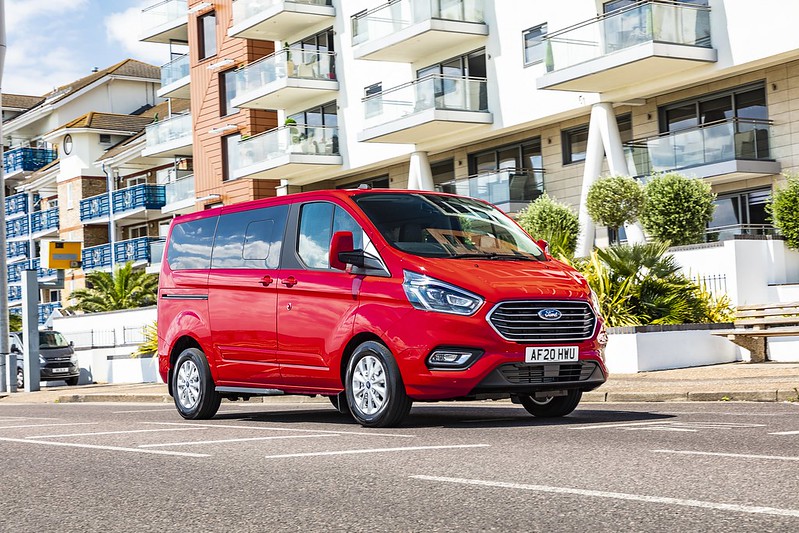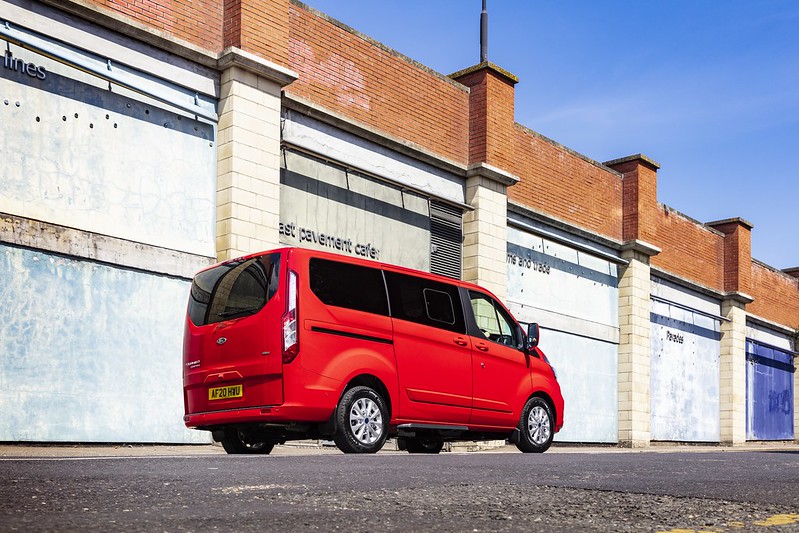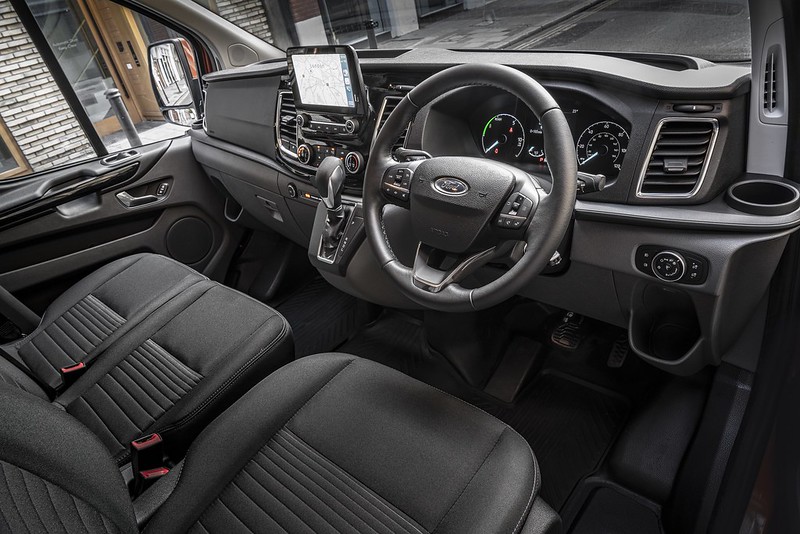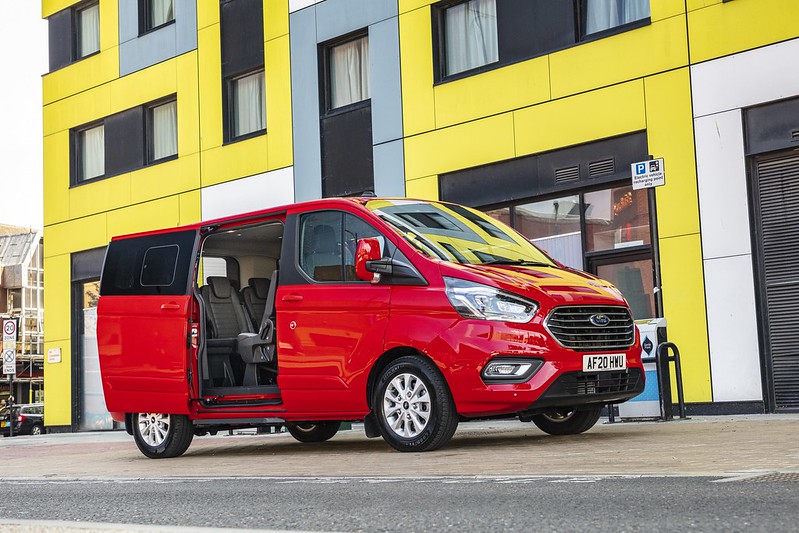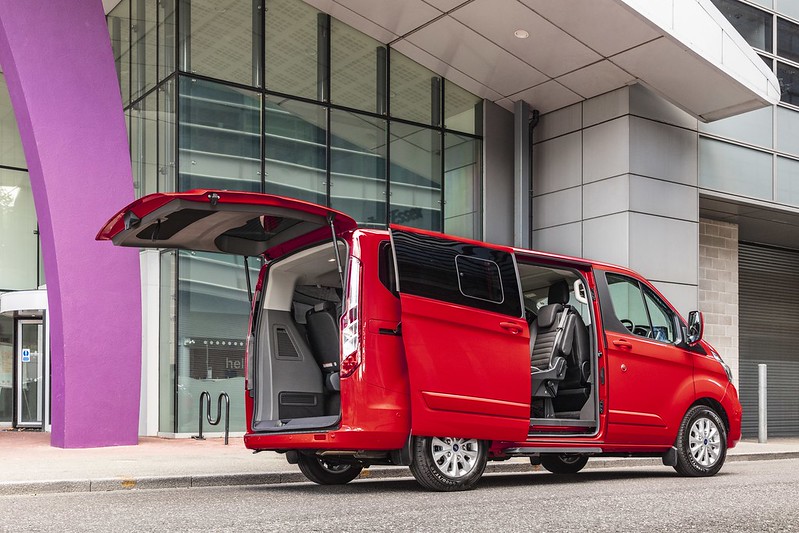Pricing
There won’t be many businesses who go into a dealership and hand over the full list price for any Transit, as most will be financed in some way. This is probably just as well, as the PHEV’s price is bewilderingly high. Even before VAT is added, the cheapest model costs more than a Kuga PHEV, which has a bigger battery and a 2.5-litre engine.
But throw the Transit’s price into a spreadsheet and it will start to make sense for many businesses, especially once the government’s van grant of 20% up to £8,000 is added. There are even more grants for businesses and charities based inside the London congestion charge zone. For the latest monthly offers on this or any other van, with free fast delivery, call our partner Vanaways on 0800 368 3286
With those deducted and the lower running costs, the Transit might start to make more financial sense. But make sure you look at rivals too, especially if you think a pure electric van could work for you – the smaller Nissan e-NV200 is far cheaper and even the Vauxhall Vivaro-e can cost less.
Running costs
The running costs are where the Transit starts to claw back some it the extra purchase cost, although it will only really work for you if you can regularly charge and travel into London’s ultra-low emissions or congestion charging zones. These are set to be rolled out in other cities too, so the Transit might be a good way of future-proofing.
As the London congestion charge is £15 and there’s an extra fee of £12.50 for the ULEZ if your van isn’t compliant, the savings for drivers in the capital soon start to stack up. Add in the likely cost savings you’ll get in fuel if you’re using electric power and the Transit could be a real accountant pleaser.
But it’s worth bearing in mind you’ll get these benefits and more from a pure electric van, although it won’t have the ability to go further afield like the Ford. So the Transit makes sense for a fairly niche set of buyers; make sure you’re one of them.










